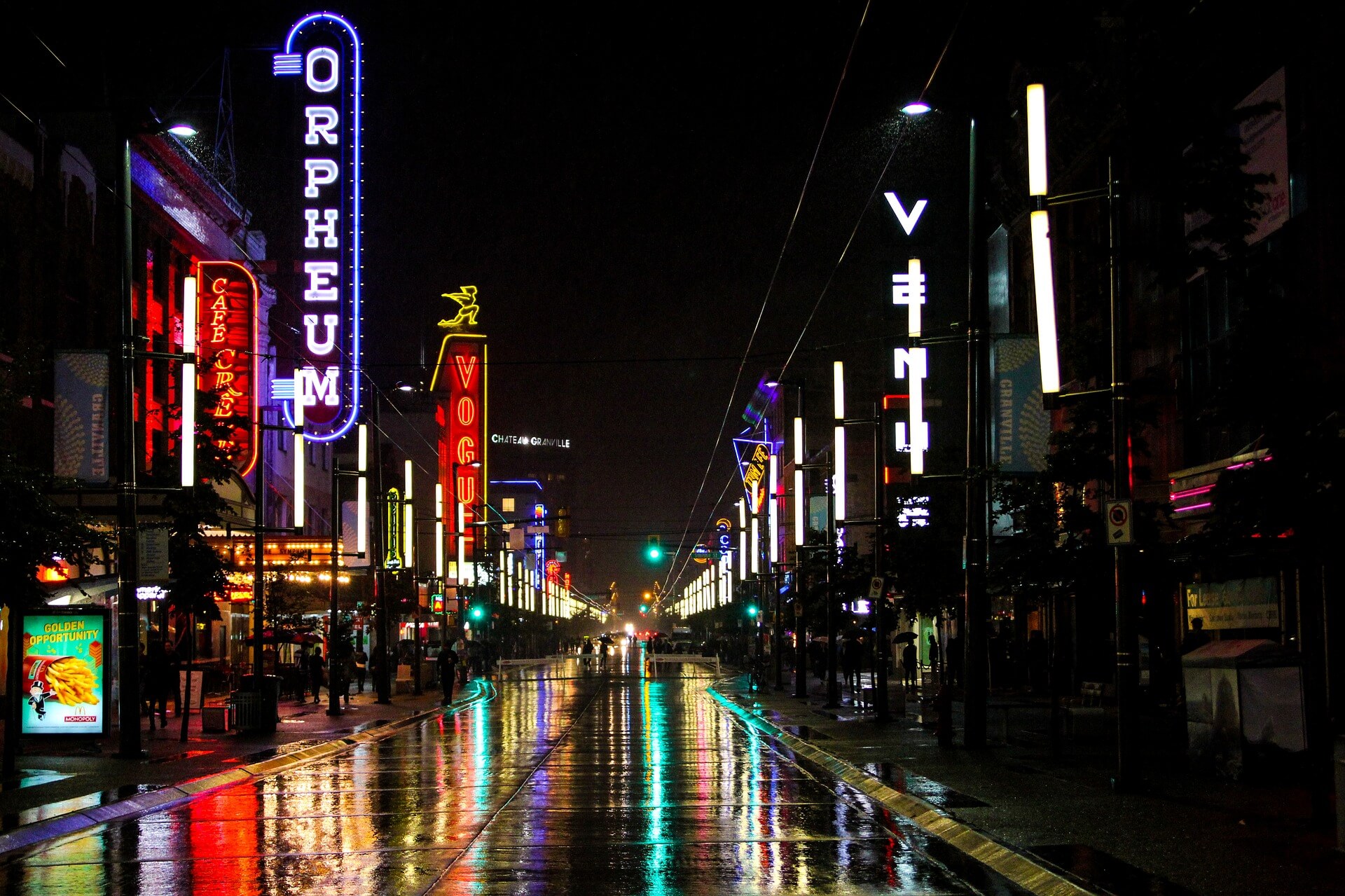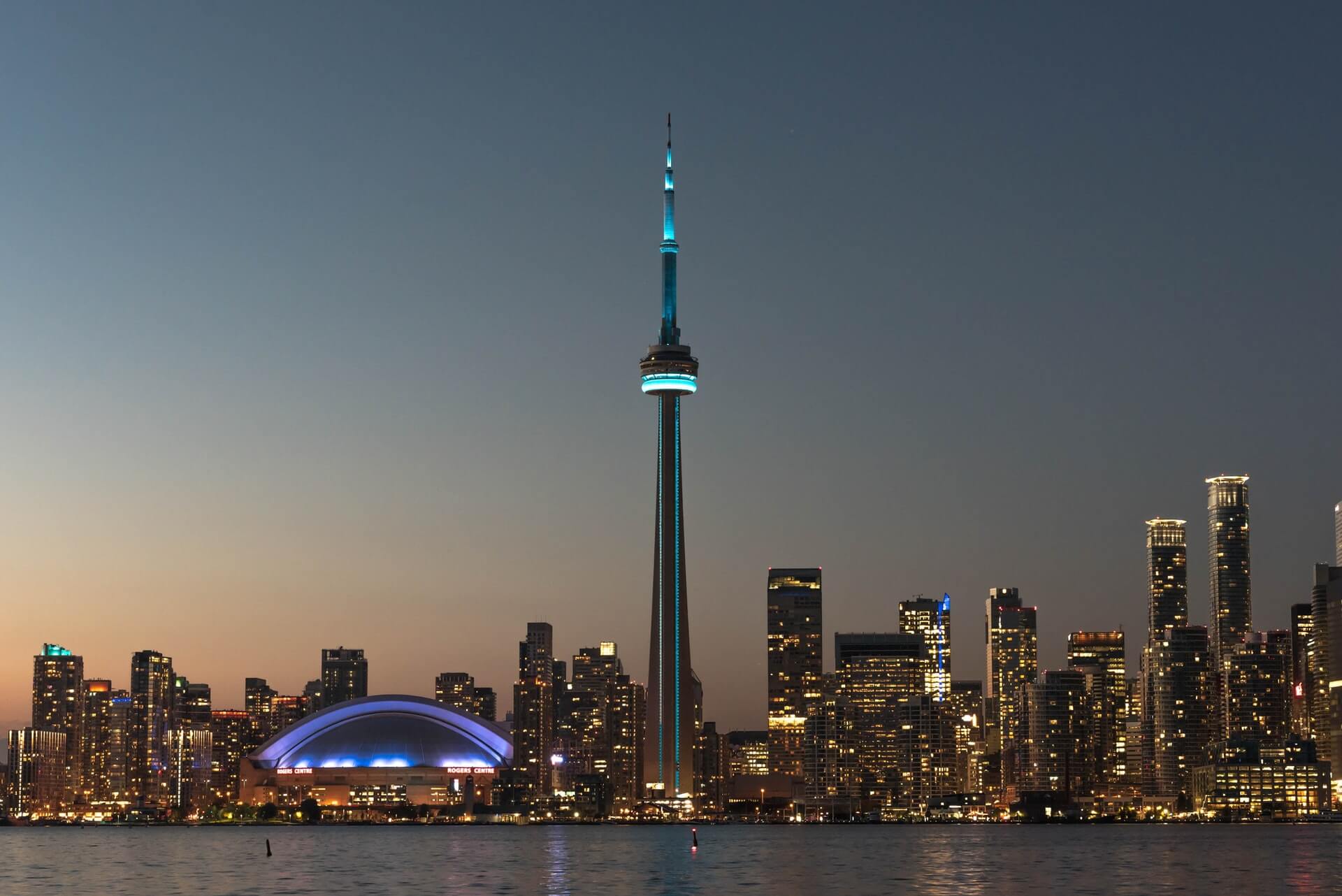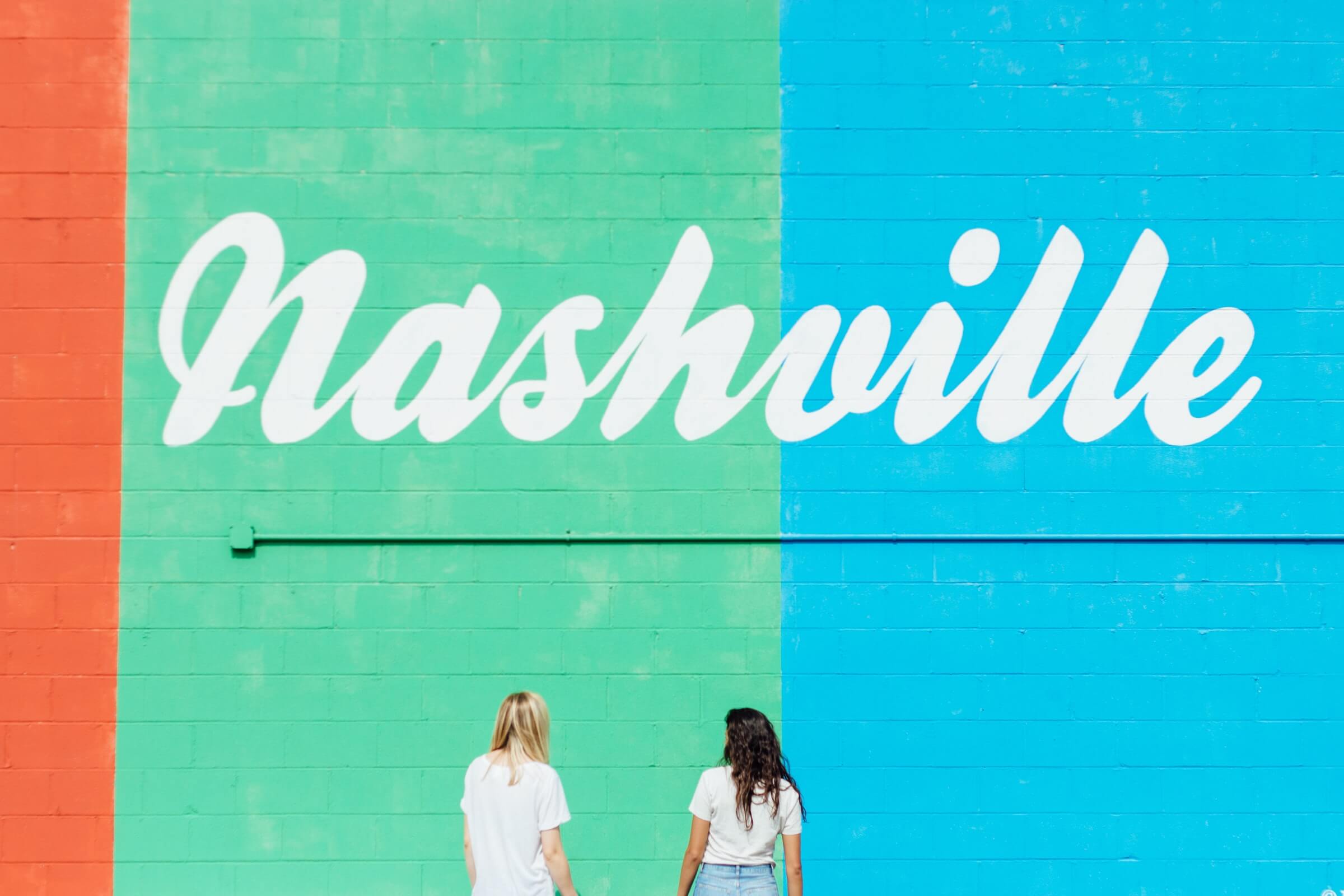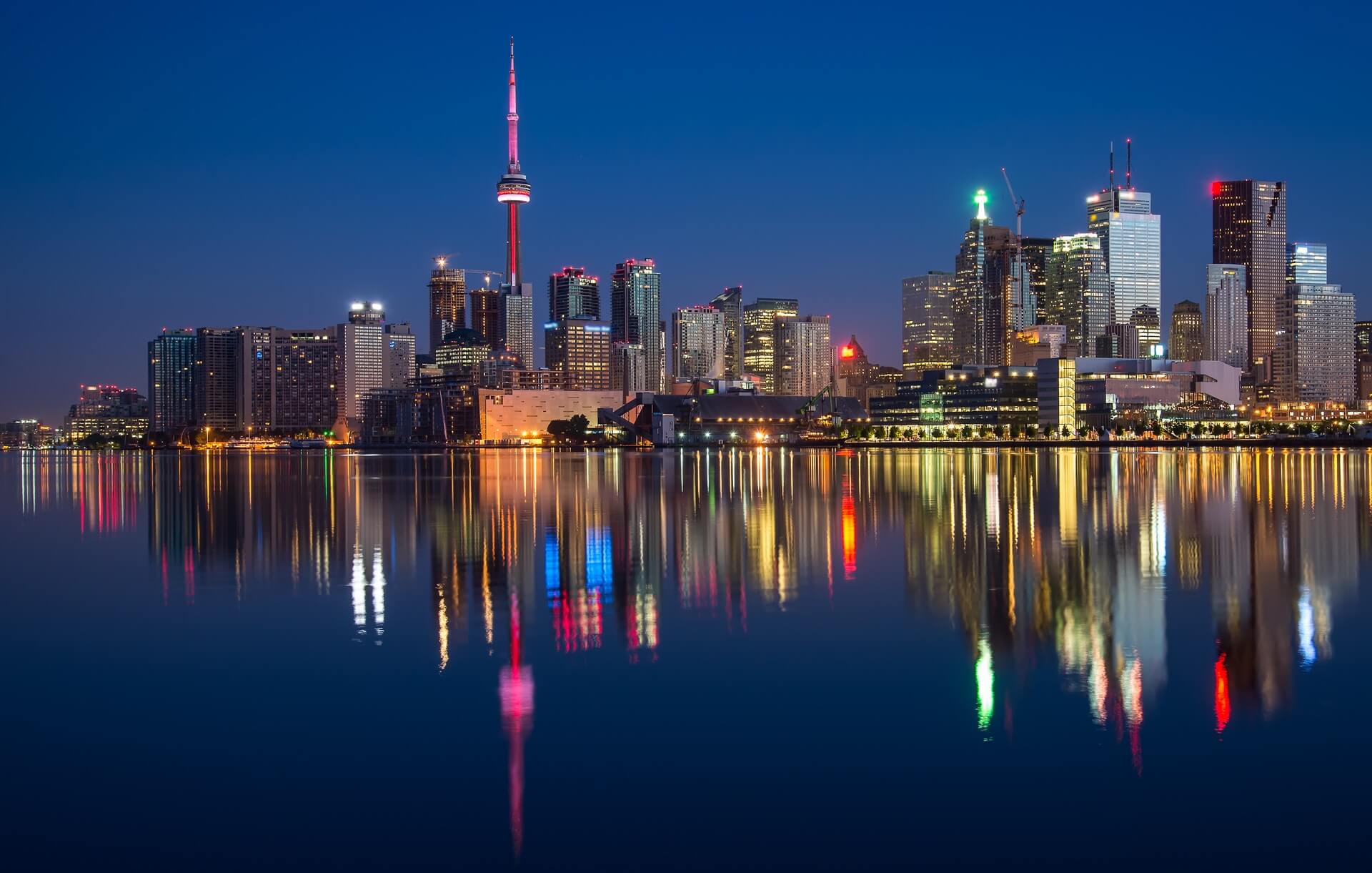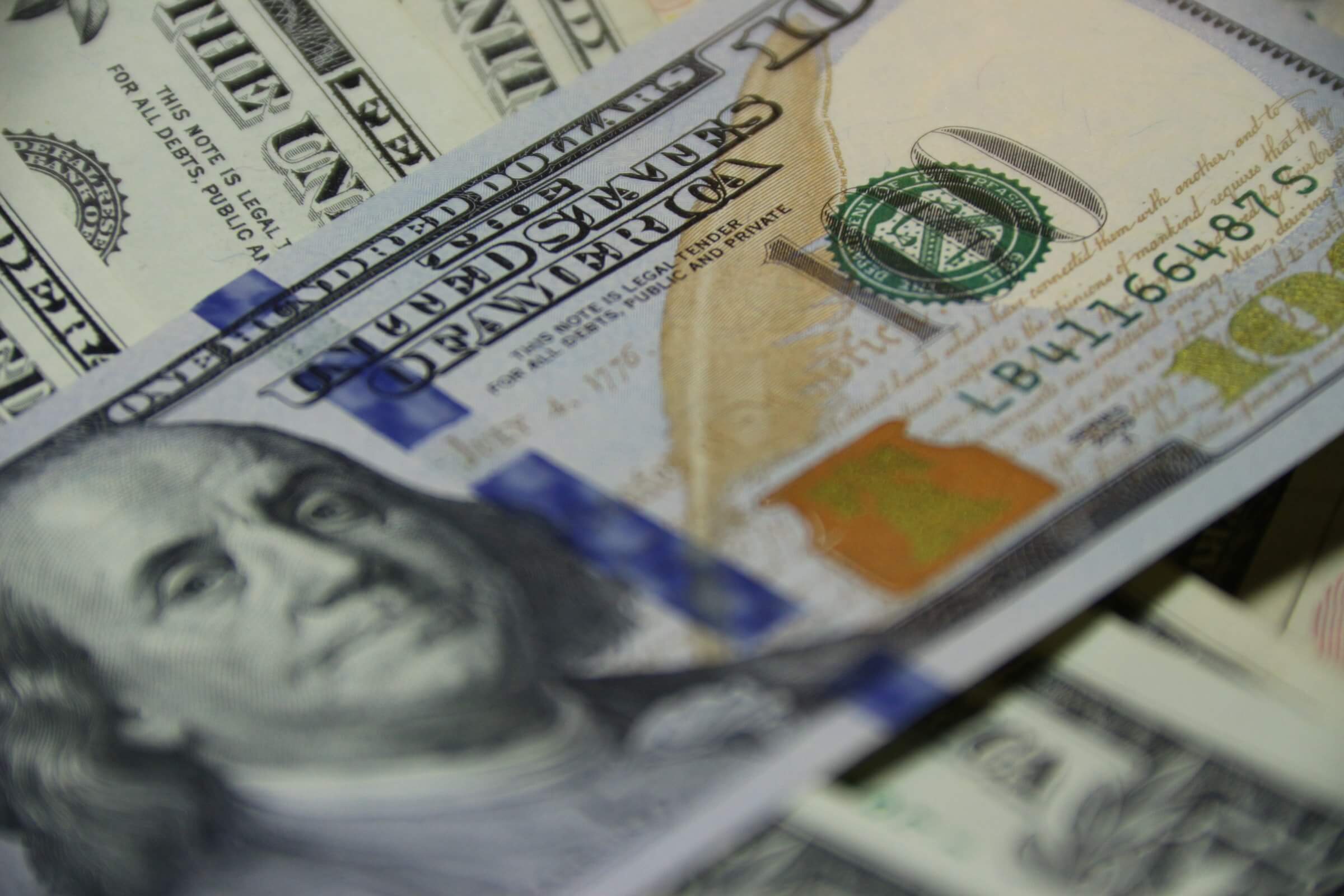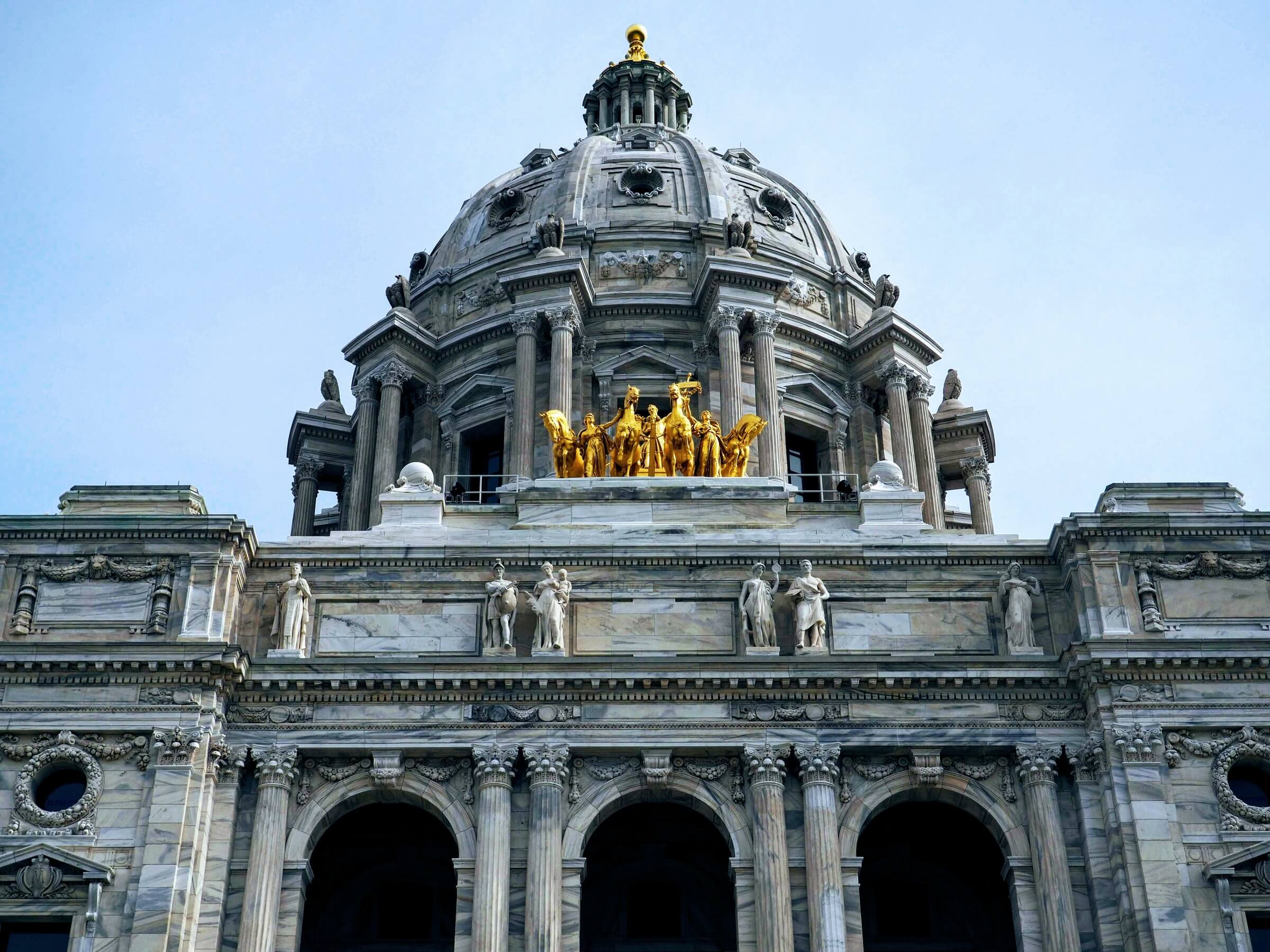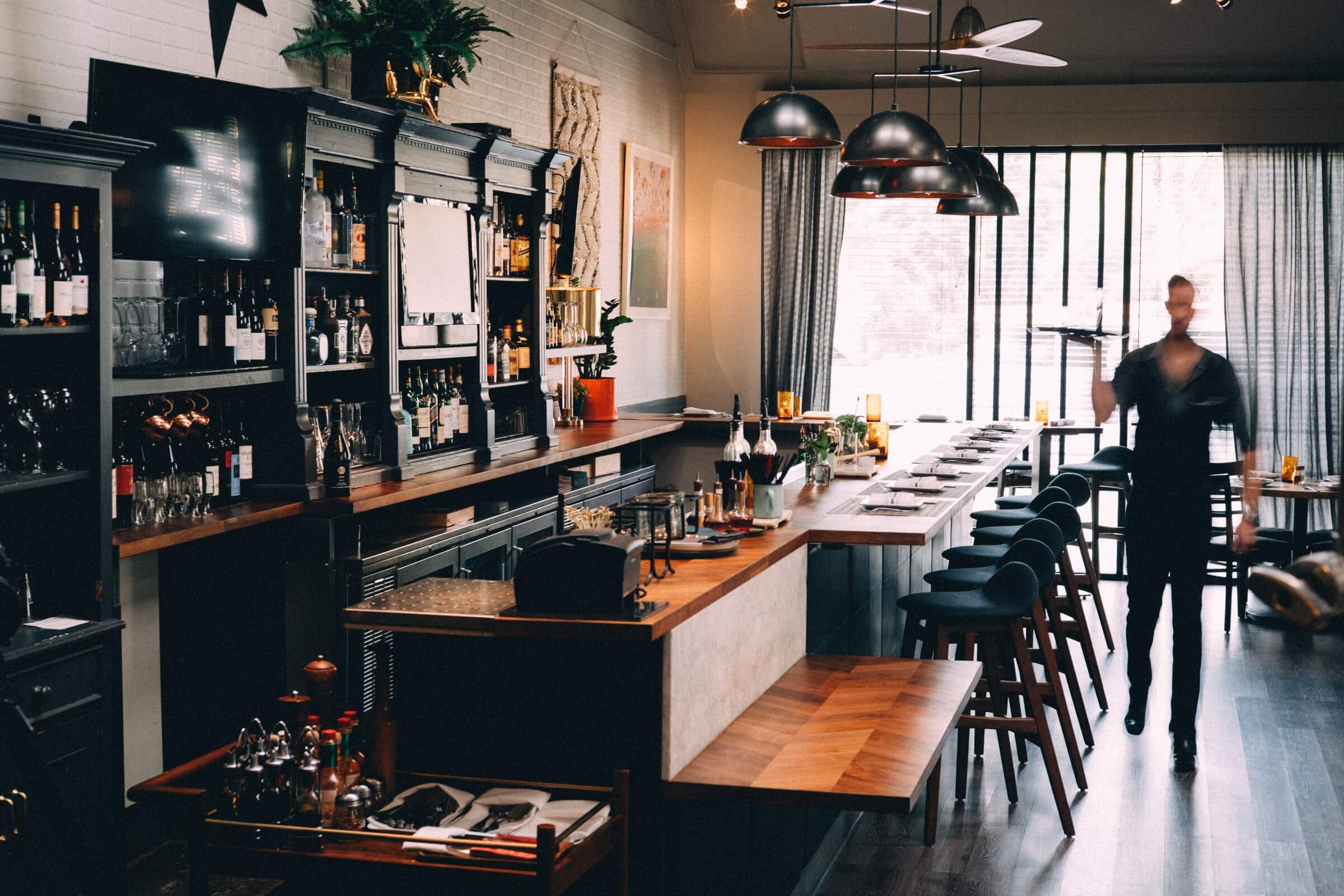Breakdown: How Senators Voted on RRF
by David Klemt
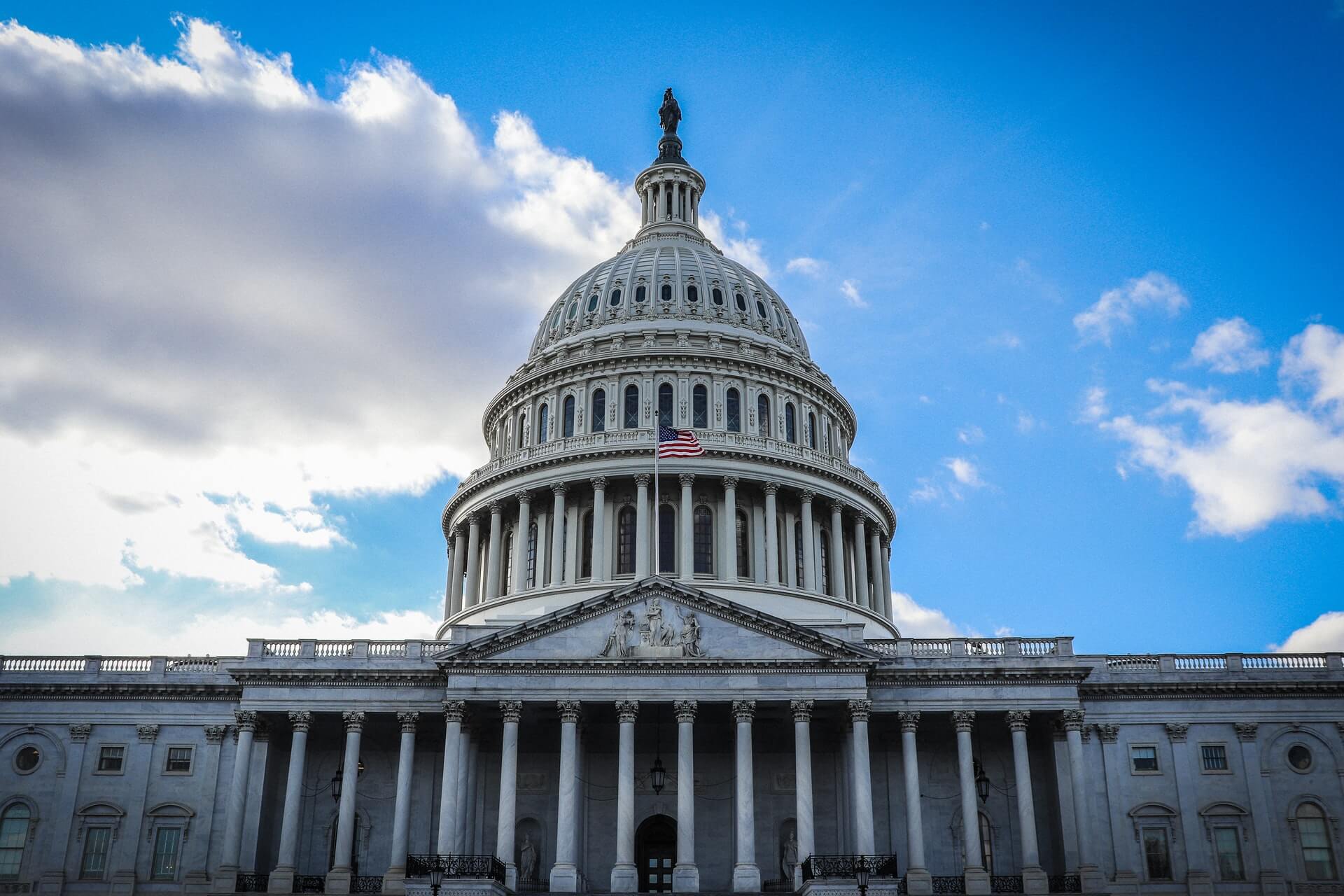
After a year of waiting, we now know the fate of the Restaurant Revitalization Fund: a 52 to 43 vote that saw RRF replenishment fail on the Senate floor.
Last Thursday, the US Senate voted to debate the Small Business COVID Relief Act of 2022 (S.4008). A filibuster put an end to this effort to replenish the RRF.
To be blunt, this is a disgrace. Eligible RRF applicants have been awaiting needed and deserved grants for a year. We were left out of Build Back Better, we were left out of the $1.5 trillion omnibus spending bill passed in March.
A contributing factor to why this is so disappointing is the passing of S.3811. Of particular note, 32 of the senators who voted against $40 billion for American restaurants and bars voted in favor of $40 billion for supplemental aid for Ukraine.
Now, I’m not saying that Ukraine doesn’t deserve our support. Likewise, I’m not saying that we shouldn’t have voted to provide the war-torn country $40 billion in aid.
However, I am saying that I find it indefensible that dozens of our senators would send that kind of money overseas, then turn around and deny relief for American businesses.
In one moment we have senators saying America needs to come first. They then proceed to turn their backs on hard-working Americans.
Nay Votes
Unfortunately, 43 senators—all Republican—voted against the Small Business COVID Relief Act of 2022. Therefore, they voted against replenishing the RRF.
However, that doesn’t mean all Republican senators voted against the bill. Indeed, four Republicans voted with their Democrat and Independent peers.
- Barrasso (R-WY)
- Blackburn (R-TN)
- Boozman (R-AR)
- Braun (R-IN)
- Burr (R-NC)
- Capito (R-WV)
- Cornyn (R-TX)
- Cotton (R-AR)
- Cramer (R-ND)
- Crapo (R-ID)
- Cruz (R-TX)
- Daines (R-MT)
- Fischer (R-NE)
- Graham (R-SC)
- Grassley (R-IA)
- Hagerty (R-TN)
- Hawley (R-MO)
- Hoeven (R-ND)
- Hyde-Smith (R-MS)
- Inhofe (R-OK)
- Johnson (R-WI)
- Kennedy (R-LA)
- Lankford (R-OK)
- Lee (R-UT)
- Lummis (R-WY)
- McConnell (R-KY)
- Moran (R-KS)
- Paul (R-KY)
- Portman (R-OH)
- Risch (R-ID)
- Romney (R-UT)
- Rounds (R-SD)
- Rubio (R-FL)
- Sasse (R-NE)
- Scott (R-FL)
- Scott (R-SC)
- Shelby (R-AL)
- Sullivan (R-AK)
- Thune (R-SD)
- Tillis (R-NC)
- Toomey (R-PA)
- Tuberville (R-AL)
- Young (R-IN)
Yea Votes
It’s important to remember that the Small Business COVID Relief Act of 2022 was a bipartisan effort. Sens. Ben Cardin (D-MD) and Roger Wicker (R-MS) introduced the bill, which included $40 billion for the RRF and $8 billion for other businesses.
Four Republican senators and two Independents voted in the affirmative with all Democrats.
- Baldwin (D-WI)
- Bennet (D-CO)
- Blumenthal (D-CT)
- Blunt (R-MO)
- Booker (D-NJ)
- Cantwell (D-WA)
- Cardin (D-MD)
- Carper (D-DE)
- Casey (D-PA)
- Cassidy (R-LA)
- Collins (R-ME)
- Coons (D-DE)
- Cortez Masto (D-NV)
- Duckworth (D-IL)
- Durbin (D-IL)
- Feinstein (D-CA)
- Gillibrand (D-NY)
- Hassan (D-NH)
- Heinrich (D-NM)
- Hickenlooper (D-CO)
- Hirono (D-HI)
- Kaine (D-VA)
- Kelly (D-AZ)
- King (I-ME)
- Klobuchar (D-MN)
- Leahy (D-VT)
- Lujan (D-NM)
- Manchin (D-WV)
- Markey (D-MA)
- Menendez (D-NJ)
- Merkley (D-OR)
- Murkowski (R-AK)
- Murphy (D-CT)
- Murray (D-WA)
- Ossoff (D-GA)
- Padilla (D-CA)
- Peters (D-MI)
- Reed (D-RI)
- Sanders (I-VT)
- Schatz (D-HI)
- Schumer (D-NY)
- Shaheen (D-NH)
- Sinema (D-AZ)
- Smith (D-MN)
- Stabenow (D-MI)
- Tester (D-MT)
- Warner (D-VA)
- Warnock (D-GA)
- Warren (D-MA)
- Whitehouse (D-RI)
- Wicker (R-MS)
- Wyden (D-OR)
Not Voting
Three Democrat and two Republican senators didn’t vote on S.4008.
- Brown (D-OH)
- Ernst (R-IA)
- Marshall (R-KS)
- Rosen (D-NV)
- Van Hollen (D-MD)
Yay Votes for Ukraine, Nay Votes for RRF
The following senators, all Republican, voted to send $40 billion in aid to Ukraine.
The same day, they voted against $40 billion to replenish the RRF, voting against American restaurants and bars.
- Barrasso (R-WY)
- Burr (R-NC)
- Capito (R-WV)
- Cornyn (R-TX)
- Cotton (R-AR)
- Cramer (R-ND)
- Cruz (R-TX)
- Daines (R-MT)
- Fischer (R-NE)
- Graham (R-SC)
- Grassley (R-IA)
- Hoeven (R-ND)
- Hyde-Smith (R-MS)
- Inhofe (R-OK)
- Johnson (R-WI)
- Kennedy (R-LA)
- Lankford (R-OK)
- McConnell (R-KY)
- Moran (R-KS)
- Portman (R-OH)
- Risch (R-ID)
- Romney (R-UT)
- Rounds (R-SD)
- Rubio (R-FL)
- Sasse (R-NE)
- Scott (R-FL)
- Scott (R-SC)
- Shelby (R-AL)
- Sullivan (R-AK)
- Thune (R-SD)
- Tillis (R-NC)
- Toomey (R-PA)
- Young (R-IN)
Image: PartTime Portraits on Unsplash

